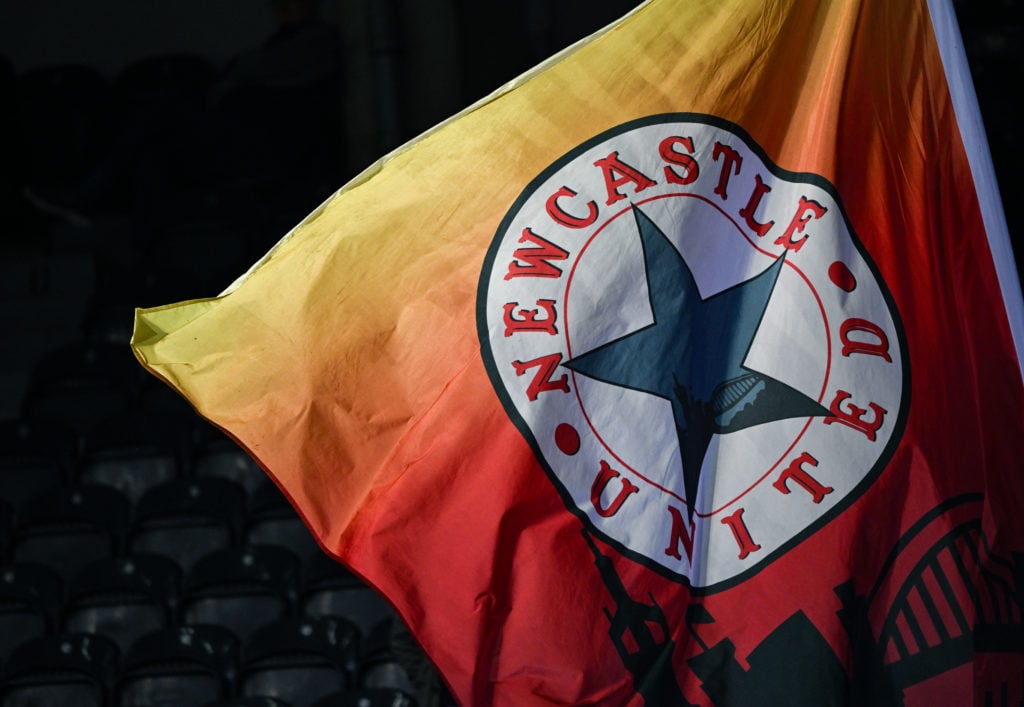There has been a 'power shift' at Newcastle as PIF get 'overwhelming' PSR update - Kieran Maguire

Today at 02:47 PM
In the absence of Sunderland in the top flight, Newcastle United’s main rivalry in the PIF era has been the Premier League itself.
Profit and Sustainability Rules (PSR), they and their fans justifiably contend, is a mechanism to place an upper limit on the ambitions of clubs like Newcastle.
The current system allows clubs to lose up to £105m over a rolling three-year period, and the Magpies skirted dangerously close to that upper limit in 2023-24.
In the end, they managed to get within the threshold but not without selling two prize assets in Yankubah Minteh and Elliott Anderson – much to the frustration of Eddie Howe and Paul Mitchell.
Since then, PSR itself has been heavily scrutinised, with Leicester City escaping punishment for a PSR breach on a technicality and Man City challenging an aspect of the rules in the arbitration courts.
Specifically, City – who despite being owned by a rival Gulf state have become key allies of Newcastle’s in matters of Premier League governance – have dispute the legality of associated party transaction rules.
The APT rules were introduced almost immediately after PIF bought Newcastle from Mike Ashley in 2021 in order to stop clubs from striking artificially inflated commercial deals with owner-linked entities.
Now, in a week where PIF’s commitment to Newcastle itself has been questioned, there has been a major update in the APT saga that could represent major progress in their fight to outspend PSR.
- READ MORE: Newcastle United have already secured upgrade to £40m deal that could make a 'huge difference'
What PIF’s ‘spending cuts’ and really mean for Newcastle United
With PIF seemingly committed to spending billions to redevelop St James’ Park, it came as a surprise when some headlines suggested earlier this week that their commitment was waning.
Those concerns were sparked when PIF governor and Newcastle chairman Yasir Al-Rumayyan revealed that he was set to reduce funding for overseas projects from 30 to 18-20 per cent.
Crucially, however, Al-Rumayyan also said that the dollar amount – AKA exactly how much cash PIF are investing – would not change as overall investment was also set to rise.
And in any case, Liverpool University football finance lecturer Kieran Maguire told TBR Football, Newcastle are an entirely different class of investment for PIF.
“Newcastle United is a trophy asset as far as PIF are concerned,” the Price of Football author said.
“That means they look at them through a different lens than they do other commercial investments.
“Also, Newcastle do not move the dial as far as PIF’s portfolio is concerned. Newcastle for £305m is next to nothing.
“I don’t see this as anything to be concerned for Newcastle fans. The challenge is PSR, not PIF not being willing to put money in.
Premier League legal battle: ‘Power shift’ imminent
So, PIF are still committed.
But with their ambitions capped by PSR, how much of a difference does that really make?
One chink of light may have been found in the latest developments in the APT case, with Premier League clubs set to vote on several revisions at a meeting in London on 22 November.
One revision focused on the phraseology of the Premier League’s fair market value assessment, with clubs’ deals now benchmarked on how much they ‘could’ be worth rather than how much they ‘would’.
Most analysts’ readings of this ostensibly minor change is that it could shift the value of commercial deals upwards because Gulf states ‘could’ theoretically pay a premium.
“I think this is quite a significant power shift,” said Maguire when asked what this might mean for Newcastle in practice.
“It is effectively shifting the burden of proof for justifying the deal away from Newcastle to the Premier League.
“The Premier League now needs to have overwhelming evidence that such a deal would not take place based on the fair market value criteria.
“So I imagine Newcastle will welcome this and will be in discussion with their legal counsel as to the impact this will have on existing and proposed deals.
- READ MORE: Newcastle keen to make January move for Premier League forward Alan Shearer hailed 'outstanding'
How the APT outcome can raise Newcastle’s PSR ceiling – and transfer budget
It didn’t escape Maguire’s attention that, as a Gulf state who could theoretically skew the fair market value assessment by being willing to pay a premium, PIF could have an outsized influence on the situation.
“It is creating a circularity,” he observed before going on to talk about another revision to the APT rules that will give clubs access to commercial data before undergoing the fair market value assessment.
“Newcastle will be allowed to review the databank before they sign a deal. That allows you to identify where the current ceiling is and match it or maybe even go a little bit above.
“Both of those aspects will be welcome by the ambitious and aspirational clubs in the Premier League, with Newcastle and Aston Vila being chief among those.”
